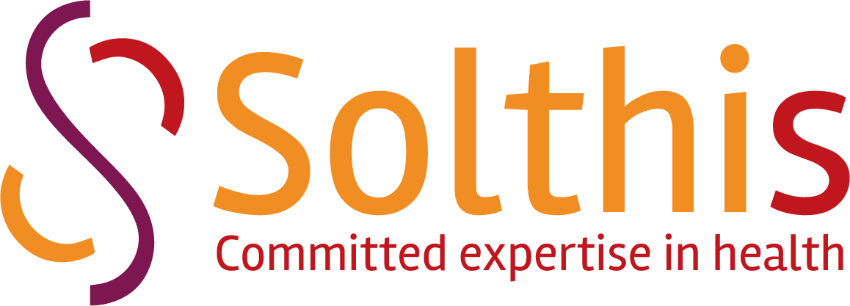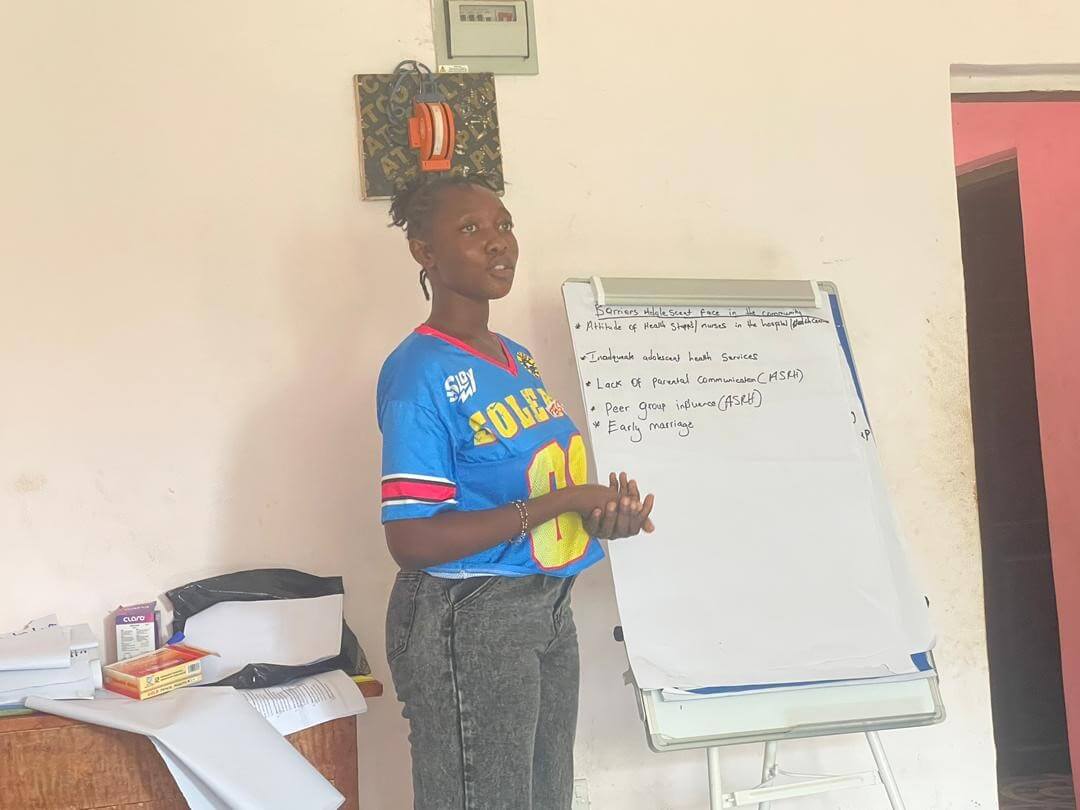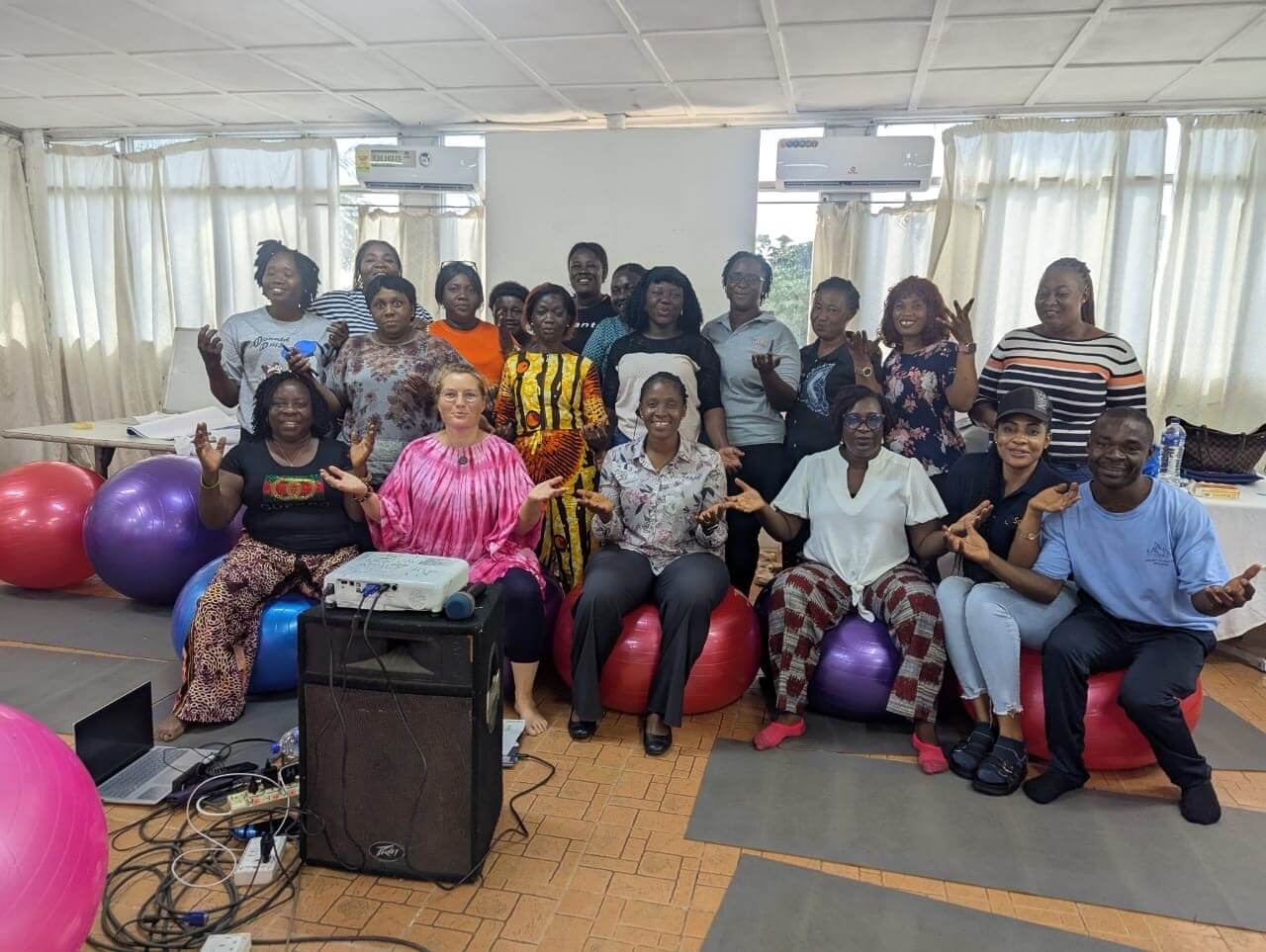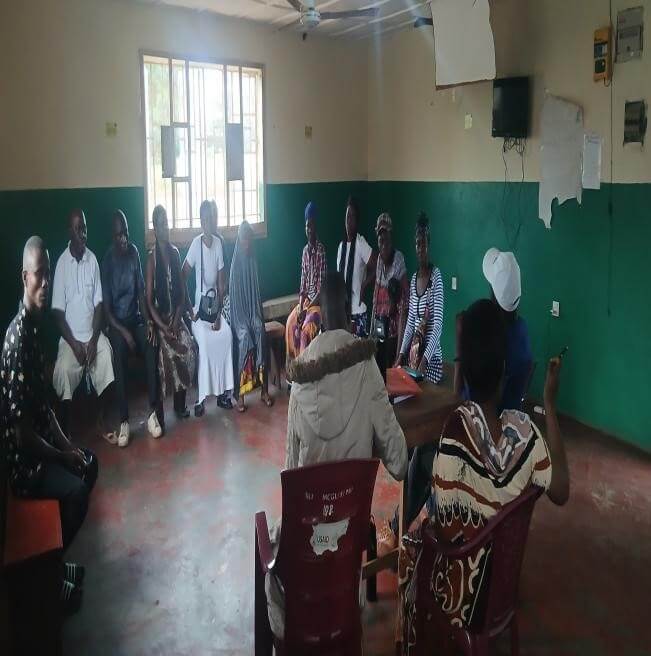In the heart of Freetown and its surrounding communities, health services once struggled with weak infrastructure, drug shortages, and limited accountability. Adolescents and young people often the most affected by these gaps were left with few options and little voice in decisions that shaped their wellbeing
But in September 2025, the SHAPE Project (Sexual and Reproductive Health Access and Promotion of Empowerment), implemented by Community Action for the Welfare of Children (CAWeC) in partnership with SOLTHIS, with support from AFD sparked a wave of transformation across eight communities: York, Lakka, Tombo, Newton in Western Rural and Wellington, Wilberforce, Grey Bush, and King Harman Road in Western Urban.
At the centre of this change were the Facility Management Committees (FMCs)—once dormant, now revitalized platforms for community leadership.
In Newton, when health facility security collapsed due to lack of management support, the FMC stepped up. Community members agreed to take direct responsibility for safeguarding the centre, ensuring both patients and health workers could feel safe.
In Grey Bush, FMC members did not wait for outside help—they raised SLe 2,000 to renovate their health facility’s main gate and committed to monthly contributions to support security personnel.
Meanwhile, York FMC mobilized local fundraising to improve infrastructure, proving that communities could generate solutions even where government resources fell short.
“Before, we waited for others to fix our problems,” said one FMC Chairlady – Newton Elvera. “Now we see the health facility as ours, and we are ready to protect it.”
Alongside governance reforms, the project also invested in the future establishing School Health Clubs in Wellington, Wilberforce, Newton, and Tombo. These clubs will serve as safe spaces where adolescents learn about sexual and reproductive health, gender equality, and leadership. With 48 student members (24 girls and 24 boys) already active, peer-to-peer education will be creating ripples of change across schools and neighborhoods.
The health system itself is stronger too. Through specialized training on Birth and Parenthood Preparation and the Midwifery Model of Care, healthcare providers gained new tools to deliver respectful, adolescent-friendly services.
The results are tangible:
• 80 FMC members (56 men, 24 women) actively leading facility governance.
• 4 new School Health Clubs promoting adolescent empowerment.
• Local fundraising initiatives sustaining infrastructure, security, and medication needs.
• Improved trust between communities, adolescents, and health facilities.
The SHAPE Project’s September 2025 activities proved that resilience grows when communities lead. What was once a story of neglect is becoming a story of empowerment, ownership, and sustainability.
“Our voices matter now,” said a community champion from the Wilberforce community “We are not just learning—we are teaching others and changing our community.”







